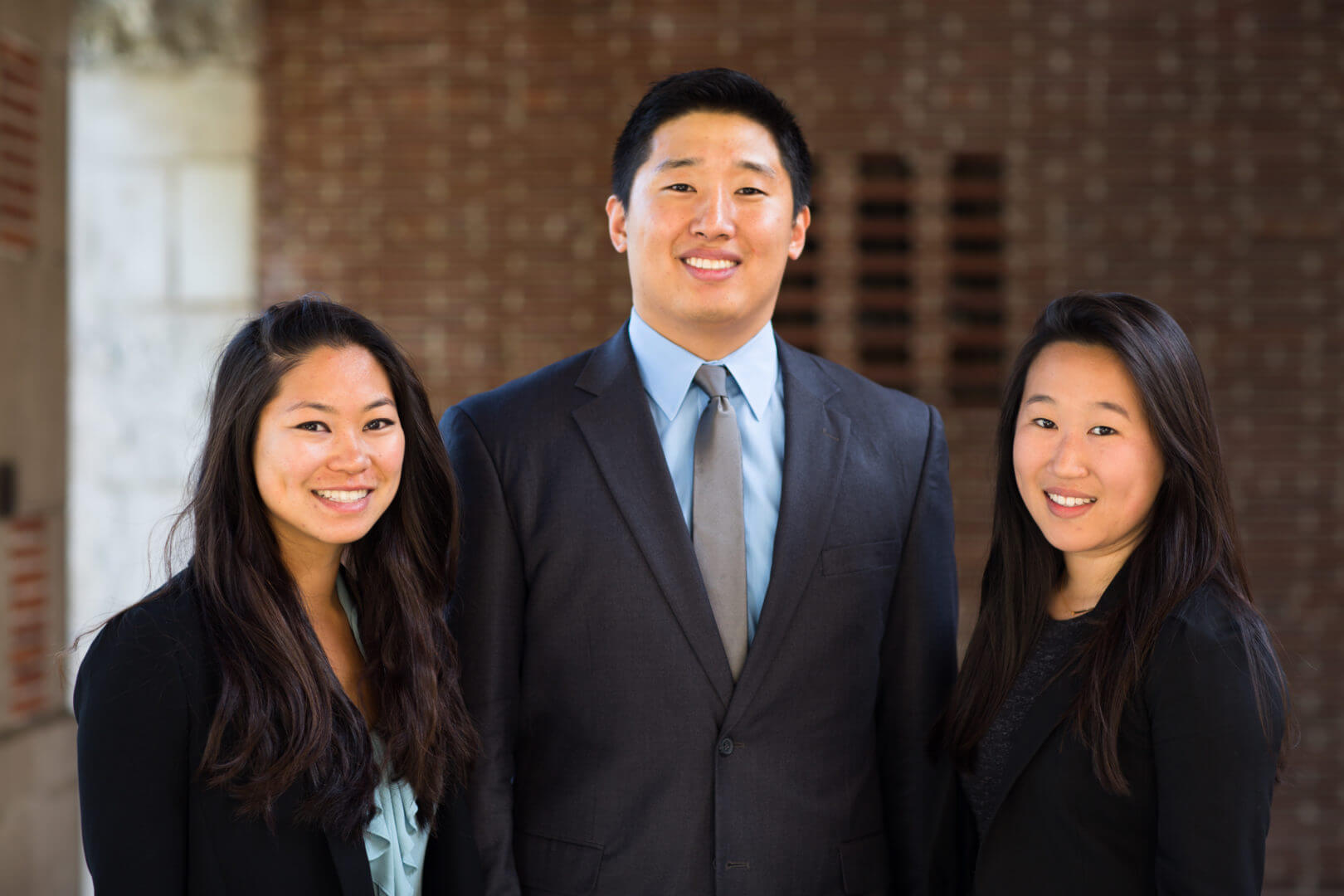Glasses for the Masses
Joycelyn Yip’s parents long encouraged her to give back. It is a lesson Yip, B.S. BME ’15, learned well.
As a Girl Scout, for example, Yip, now a USC Viterbi biomedical engineering Ph.D. student, undertook an ambitious project to earn a Gold Award, an honor on par with Eagle Scout. The San Marino, California, native helped the Union Rescue Mission (URM) in Los Angeles furnish its women’s and children’s shelter in Sylmar by soliciting donations from 51 different furniture manufacturers and retailers. Her hard work paid off — by the end, the shelter had $15,000 worth of dressers, beds and cribs to furnish all its rooms.
In the years since, many of the companies Yip brought together have continued to donate to URM, which gives the furniture to families transitioning into permanent housing.
“It’s nice to know that people are still benefiting from this,” Yip said. “It has always been important to me to utilize my skills to help others.”
More recently, Yip and her best friend, Stephanie Fong, B.S. BME ’15, launched a startup that promises to bring affordable eyeglasses to the masses. (Leo Kim, a USC Marshall School of Business student, helps with the financials.) FlexSpecs, winner of the inaugural Min Family Engineering Social Entrepreneurship Challenge, plans to produce inexpensive glasses with adjustable lenses that require no prescription. The budding entrepreneurs hope to sell each pair for less than $20, a fraction of the typical cost.
Yip and Fong believe that FlexSpecs could make a huge difference in the lives of millions of Americans who cannot afford annual eye exams and prescription glasses. Without good eyesight, children fall behind academically and fail to reach their potential, while adults can have difficulty holding a job or even driving to work. An estimated one in 12 Americans in need cannot afford glasses, according to a study in “Archives of Ophthalmology.”
Yip and Fong plan to use the $15,000 they won from the Min Competition to patent their technology and finalize a prototype. As envisioned, FlexSpecs would have circular lenses made of hard but flexible plastic. Fluid, comprised of either an industrial oil or sugar water, would sit between lenses to refract light. Wearers could adjust the glasses anytime by turning a dial that regulates liquid volume. They hope to sell 100,000 pairs by 2020, starting locally and expanding nationally and internationally.
“This is just an easy way to give people an opportunity to lift themselves up,” Yip said.
But FlexSpecs is just one of Yip’s projects. In keeping with her goal to “target these big health care problems where I can have a big impact,” Yip works in Assistant Professor Megan McCain’s lab. Her doctoral research focuses on “heart on a chip,” or engineering beating human cardiac cells onto micro-fluidic devices. Such tools could allow drug companies to develop personalized medicines and perform preliminary studies without endangering humans, said Yip, a proud Trojan whose father, mother and brother all hold USC degrees.
“Joycelyn is one of those rare students who can take an idea and turn it into reality with minimal guidance from me,” McCain said. “She is not intimidated by the tough problems.”
Shante Howard of South L.A. said FlexSpecs appeals to her. Living on a fixed income, the disabled Howard watches every penny. Owning a pair of adjustable glasses that doesn’t require visits to the optometrist would make a difference, said Howard, 50, who buys eyewear every other year for $100.
“With the cost of living going up, food medication and transportation, it’s hard to make it to the end of the month sometimes,” she said. FlexSpecs “would probably be a big help.”




